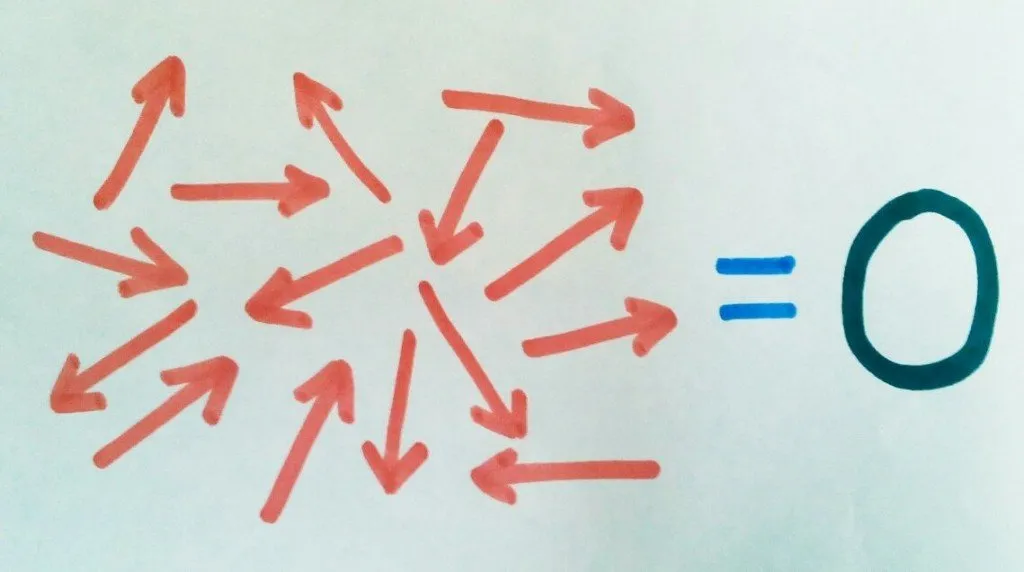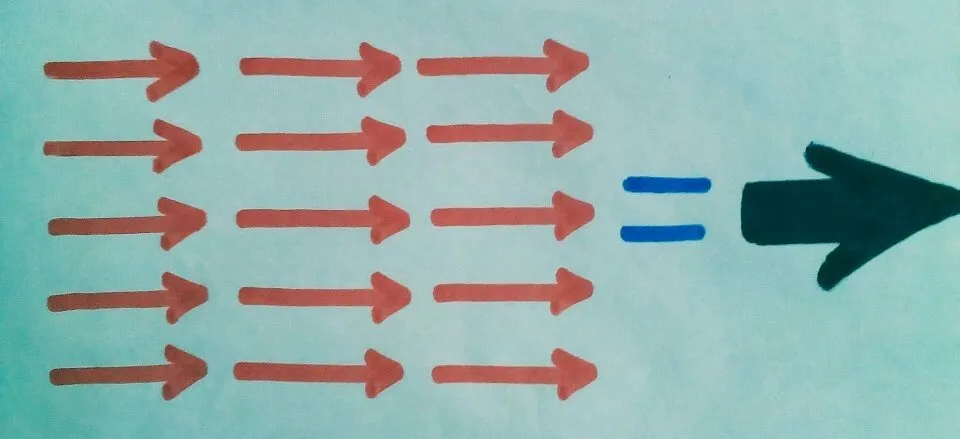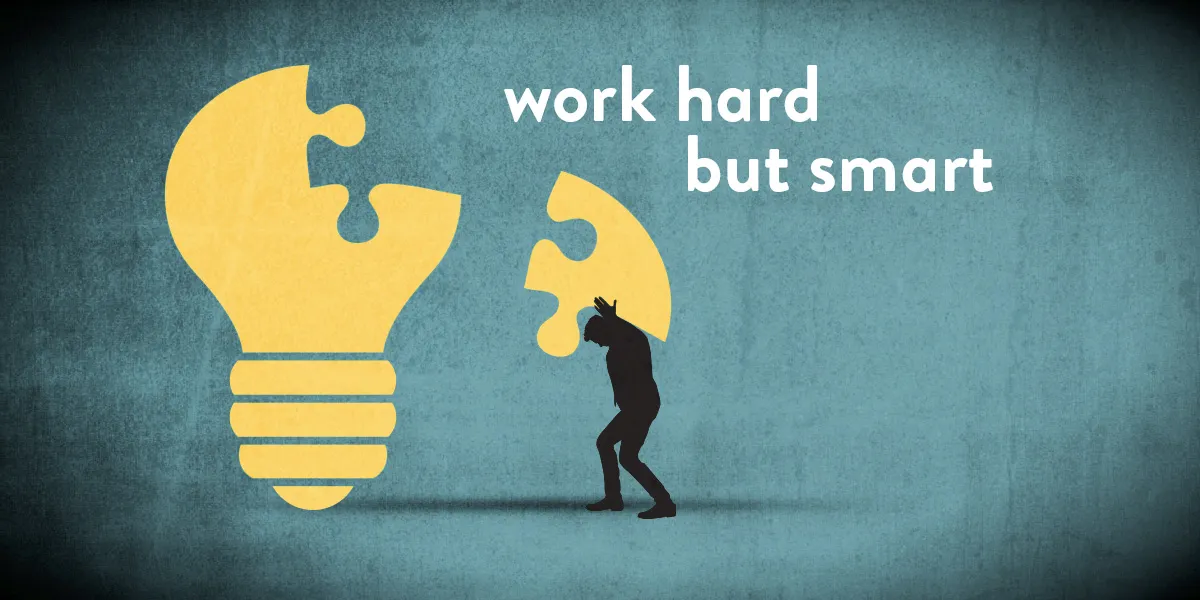Compared to doing nothing, done something but no rewards are more pathetic. Already worked so hard, but still no results.
Why do many people worked hard, but still didn’t make any progress?

source
1. Work hard at the wrong place
Recently I signed up for a finance course to learn financial management. One of the lessons is about how to use credit cards skillfully. The professor said that credit cards can not only be used for cash flow but can also use to earn points to redeem gifts.
Some credit cards will give some small gifts and point exchange.
However, the additional benefits of each bank's credit card vary, and we should find an appropriate card can be handled according to our individual needs.
Yesterday, a classmate asked the professor: "Sir, I spent the whole day today to study the various banks’ credit cards, looking at their integration benefits, feature benefits and the regularity of card benefits. After comparing for a half-day, I still can’t find which bank's credit card I should get. ”
The professor was a little surprised, then sighed: "Hey, why do you spend so much time to study credit card?" The overall benefits of each credit card do not have many differences; you can just choose any suitable one according to your personal needs. It's a waste of time to spend a whole day studying. With this skills, you should really study about investment.”
This classmate really worked hard, and carefully worded everything the professor said in class.
Just that he does not know the details and work hard in the wrong place.
Compared with studying credit card benefits, people who study financial management should spend most of their time in selecting fund stocks and setting up portfolios.
This is Pareto principle, and we should spend 80% of our time on the 20% most important things.
If we spend 80% of our time on 20% unimportant things, it is to put our efforts in the wrong place.

source
2. Word hard in a wrong way
I still remember when I first went to college, I was not very familiar with the campus environment.
College and High School are different; there is no fixed classroom.
Each course is in a different classroom; we often finish a course, we hurried to the next classroom for another course.
There was one time after I finished class in block B, I have to rush to the next class in block C upstairs.
At that time I did not know that block B has a direct access to block C.
When the bell rang, I hurried to pick up my bag and run.
First from block B to block B bottom floor, then from block B bottom floor ran to block C, and then from block C bottom floor to block C second floor, then only arrived the classroom.
Later, I learned that there is a bridge connecting block B and block C.
This reminds me of my junior high school, math simple algorithm. When solving problems, some students use a simple algorithm, envelope the answer is easily calculated.
But students that did not use the simple algorithm, their paper were written on a full page, cumbersome procedures, and error-prone.
A full written page of draft paper; it’s not they did not work hard, but they work hard in the wrong way.
There is obviously an easy way to solve, which save time and effort, but he uses time-consuming and laborious methods.
He has spent much more time and energy than others in achieving the same result.
The extra time and efforts used can be used on other things quickly and iteratively.

source
3. The direction of the effort is wrong
I saw something like this. “You have worked more than others for ten years, are you ten times more successful than him?"
No, you just use the same experience, repeated your life for ten years.
It's a waste if you're just trying to do something that's too fungible or irrelevant.
Cleaning workers start early in the morning and clean until evening, they are working hard.
But this kind of work, it is easy to be substituted; It's not very difficult for others to be qualified for the job.
It would be easy if the leader wanted to dismiss the current cleaners and recruit other cleaners.
This can be dangerous if you spend a lot of time working on things that can be easily replaced.
Because the easier the job to be replaced, the more people can do it. From the supply and demand relationship, this is an oversupply.
Under such circumstances, it is often difficult for us to have the initiative and the right of speech.
So we should strive to improve our core competitiveness.
Cultivate our core competitiveness can let oneself work hard day after day, not just repeating.


